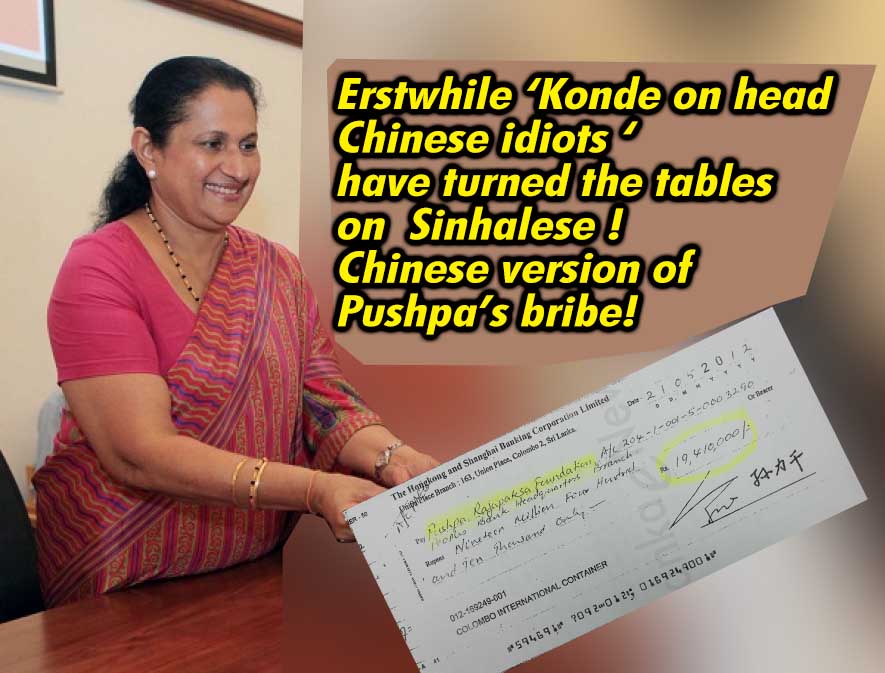Lankaenews Sinhala Font
The ICT Agency of Sri Lanka (ICTA) has been promoting the use of ICT in Sinhala and Tamil, and has been addressing issues relating to standard fonts and keyboards in Sinhala and Tamil. The objective is to ensure that the benefits of ICT should be taken to the majority of the population in Sri Lanka which includes people who prefer to use ICT in Sinhala or Tamil, if given a choice.
Even if some users disagree with the new look of Firefox 4. Online tamil historical novels. 0, everyone will get on board eventually. Mozilla has finally got its web browser from the 90s look into. Rivira.lk - Sinhala Newspaper, epapers, and around the clock news updates in sri lanka. Rivirisi and diyaniya magazine, news sri lanka, rivira gossip.
Previously, software applications used their own fonts. There was no standard font for the industry. Therefore documents produced using one application could be accessed and used only through that application. For example, when accessing a Sinhala website, various legacy fonts had to be downloaded, otherwise the websites were displayed as indecipherable jargon. This was a major problem when a person tried to use a document created by another, which had been produced using a different font. The font had to be sent to the recipient together with a Sinhala document, unless the recipient already had the font.
This made the use of Sinhala email impractical, and slowed the use of Sinhala on the web. Also specific applications such as word processing, did not integrate with other applications, and functions such as sorting, were not standardized among applications.
There was no way in which Sinhala content could be developed for the Internet. It was not possible to search, or to sort.
This gave rise to private, non-standard solutions, and to a large number of proprietary codes for fonts. Now it is possible to type in Sinhala and Tamil, exchange information in Sinhala and Tamil using computers and browse the web in Sinhala and Tamil. New avenues are now open in the use of ICT for most people in Sri Lanka.
Standardization was the key to escaping all the disorder caused by the use of numerous non-standard solutions. The only available international standard for a language character set is Unicode (Universal Encoding). The Unicode standard includes all the world’s languages. As a result, key operating systems can now be used in Sinhala and Tamil. Standards ICTA, in partnership with key stakeholders, especially the Sri Lanka Standards Institution, the University of Colombo School of Computing and the University of Moratuwa, worked on standardization. The latest version of the Sinhala standard includes encoding for Sinhala numerals, which were hitherto not known to most people in Sri Lanka. Standards have also been developed for testing and certifying Sinhala and Tamil ICT products.

Companies which develop Sinhala and Tamil products such as keyboards, fonts etc can get these tested and certified by the Sri Lanka Standards Institution and obtain a SLS mark. Sinhala and Tamil Sri Lanka Standards (SLS): • Sri Lanka Sinhala Character Code for Information Interchange, SLS 1134: 2004 and SLS 1134: 2011.
• Sri Lanka Tamil Character Code for Information Interchange, SLS 1326: 2008 (Tamil). Sorting (collation sequence) This refers to the order in which lists of words or phrases are sorted and is a key function in computer systems. With the implementation of the collation sequence it is possible to easily and reliably find words and names in dictionaries and databases. The sorting orders for Sinhala and Tamil were important issues that have now been resolved.